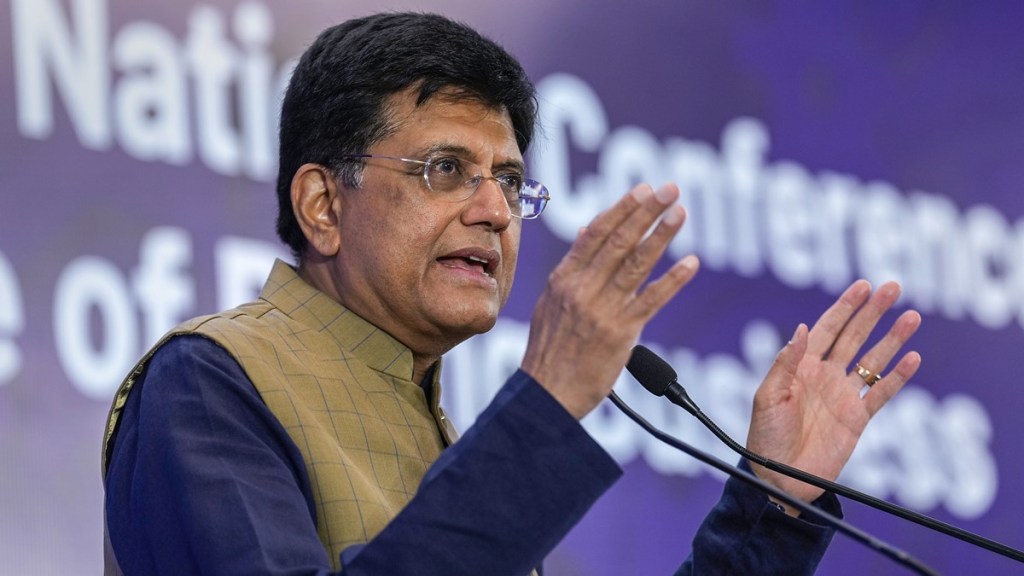The government on Thursday announced that the benefits of its flagship tax remission scheme for exporters — Remission of Duties and Taxes on Exported Products (RoDTEP) — will be made available to e-commerce exports.
“The notification for it would be issued in a week’s time and it will benefit $1-2 billion of exports through courier or e-commerce route,” minister of commerce and industry Piyush Goyal said.
E-commerce is the emerging route for exports and worldwide it is expected to touch $2 trillion by 2030. China has been the biggest beneficiary of this trend and its exports through e-commerce are expected to be $300-350 billion.
The RoDTEP scheme operates under a budgetary framework and for FY23-24, a budget of Rupees 15,070 crore is available for it. Till December, Rupees 12,000 crore of the allocation for the year has been spent.
In FY23, the RoDTEP supported $450 billion worth of exports at the cost of Rupees 13,020 crore. While in 2021-22, the scheme aided $421 billion of exports and cost Rupees 12,100 crore.
The rate of tax refund under the scheme ranges from 0.5% to 4.3% of the value of the product. It covers business to business exports of 10,610 products. Same products exported through e-commerce or courier will get the RoDTEP benefit.
India is aiming for $200 billion exports through e-commerce by 2030 when total merchandise exports would touch $1 trillion. In the Foreign Trade Policy of 2023, a lot of emphasis has been placed on e-commerce exports. The limit per consignment of goods through e-commerce has been raised to Rupees 10 lakh from Rupees 5 lakh.
“The Department of Revenue is saying that depending on the outcome we can make it unlimited,” director general of foreign trade, Santosh Kumar Sarangi, said. He said that the mindsets have to change for facilitating e-commerce exports and inter-ministerial group of department of revenue, ministry of micro, small and medium enterprises, department of posts, department for promotion of industry and internal trade (DPIIT) and Reserve Bank of India is working to facilitate e-commerce and lot of changes have been brought in the last two months.
From the Reserve Bank of India, changes in rules for remittance of export proceeds has to be made for the e-commerce sector. In normal business to business exports, RBI gives 270 days for remittance of foreign exchange but e-commerce works in a different framework. In direct exports to consumers through e-commerce, payments can come within time but in other models, products may get sold over a longer period after being put in a warehouse outside India.
“Consignment which is leaving the territory and staying in a warehouse outside for a longer period would require a longer timeframe for realisation. So, in that context for models in which warehousing has been done we are talking to RBI for a more flexible timeframe for foreign exchange realisation,” Sarangi said.
To service the hinterland, the department of posts has created 1,000 Dak Ghar Niryat Kendra or Export Post Office and linked them to their 28 international post offices to enable exports through postal courier from all parts of the country.
For capacity building for e-commerce exports in 16 districts, the Directorate General of Foreign Trade signed an Memorandum of Understanding (MoU) with Shiprocket on Thursday. A similar agreement was signed with Amazon for 20 districts earlier. The talks are also on with other Indian and multinational e-commerce players like Walmart, e–bay, Shop Clues for similar capacity building programmes.


